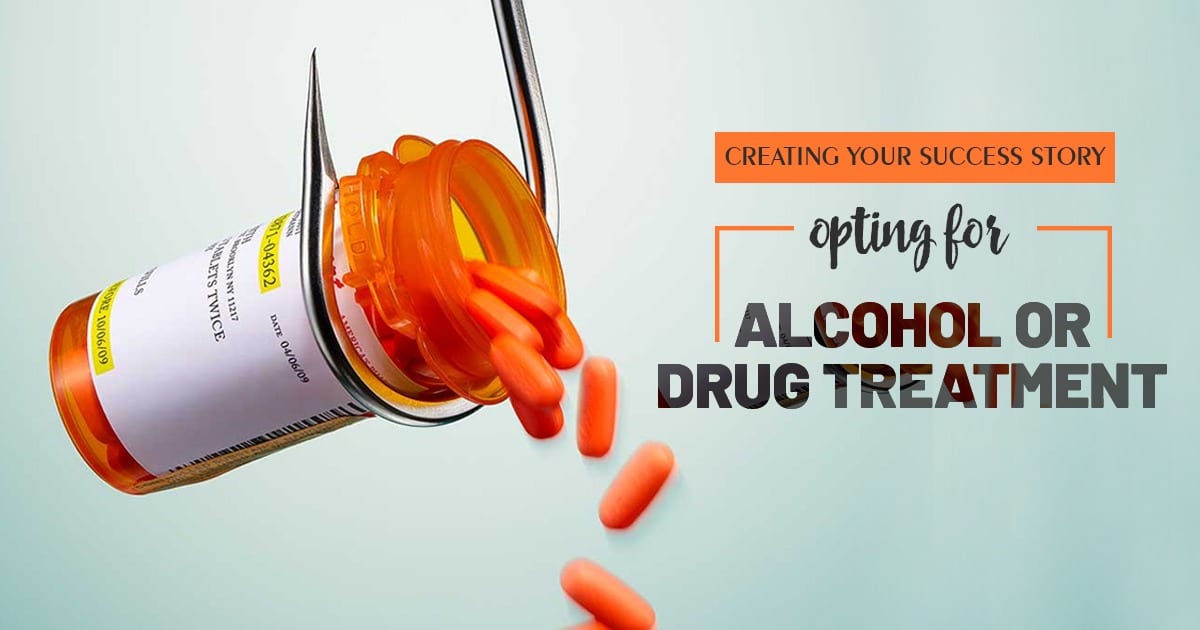
Opting for Drug Treatment
What is a success story, and how is it even created? Do you make one for yourself, or is your story written for you? A good story always involves a protagonist overcoming a struggle and persevering over the antagonist. Does the antagonist have to be a person, though? Some of the best stories involve the struggle being drug treatment and the antagonist is addiction.
This blog will help you take control of your narrative and create your own success story.
Baby Steps
So, how do you even make your success story?
The answer is always baby steps. Losing hope and giving up is easy. Taking baby steps and setting short yet attainable goals will help prevent you from losing hope, and keep up your motivation to keep moving forward. Dreaming big and setting long-term goals is good, but long-term goals take time, and a lot can happen in that time. We live in a time where everyone is used to instant gratification, and if you don’t have short-term goals to bridge the gap between now and your long-term goals, it could easily lead to disappointment. Patience is a virtue.
Trial and Error
Recovery is a process, and as with any process, failure is a possibility. In your process, you will try many different options, some that work for you and some that don’t. Do not be discouraged by failure, because failure provides an opportunity to grow. Having the strength to not give up is something to be proud of. A success story is only a success story because of the resilience and patience it took to create that story.
Accept Help: Seeking Alcohol or Drug Treatment
Addiction is a disease, Substance Use Disorder (SUD) and Alcohol Use Disorder (AUD) both describe not being in control of how much or how often you use these drugs. Everybody’s brain is wired differently, and as such the level of control we have over our own actions is not the same. Some people require much more willpower to be in control, and for those people, there is no shame in seeking outside help.

There are many drug addiction treatment centers that take insurance coverage and offer specific treatment options that are scientifically proven to help with overcoming addiction. Sometimes the options you have can feel overwhelming, but stick with your baby steps and you will keep with the progression of your story. Sometimes making progress is as easy as googling “rehab near me.”
Alcohol Addiction and Drug Treatment
Alcohol is a dangerous drug, and if you suddenly stop drinking and try to quit cold turkey you could be making a fatal mistake. Alcohol is a drug that creates a physical dependence, and when your body is physically dependent on a substance the consequences are life-threatening if you don’t approach quitting properly.
The first step to getting treatment for alcohol addiction is to do a medically assisted detoxification. Medical detox is a form of health care that uses calculated doses of antidotes to mitigate the discomfort of withdrawal symptoms. A rehab program that specializes in treating alcohol addiction will often offer residential inpatient services as well, this is where you live at the facility for an extended period, to minimize the opportunity for relapse while attending counseling sessions regularly.
People getting treatment for AUD may also find it helpful to utilize aftercare support groups, such as Alcoholics Anonymous (AA).
Drug Addiction Treatment
Drug treatment programs at an addiction center are designed to provide addicts with the mental tools needed to continue in sobriety. Treatment is a long-term procedure for many and requires dropping down through many different levels of care. Many people consider addiction to be a lifetime sentence and believe they will never overcome it, even if they haven’t used drugs in years.
Drug treatment may include behavioral therapy or a combination of medications. Depending on the patient’s specific needs and the types of drugs they are addicted to, the actual treatment methods can differ.
Many recovery services use both individual and group therapy. Support groups can help develop communication skills, friendships, and an empowered mindset. Behavioral therapies can help with maintaining sobriety, provide methods to cope with drug cravings, and prevent relapse.
Behavioral therapies offer psychological strengthening and help to enforce behavioral contingencies that facilitate abstinence and a lifestyle that is not drug-using. Some of the more advanced therapies, such as contingency management and cognitive-behavioral therapy, are now being modified for community environments to work on different aspects of addiction.

Even though a first-time rehab experience can be intimidating, it is ultimately the best choice towards putting your life back on track while easing the tension and the unknowing fear of what’s going to happen. It always helps to read and research the rehab facility you are interested in and its offers.
Are you Someone who is looking to help your daughter, mother, sister, or friend?
Are you looking for excellent inpatient rehab, especially for women?
Join Anchored Tides Recovery. Please contact us today at 1-866-524-6014 and get on the road to recovery.



























